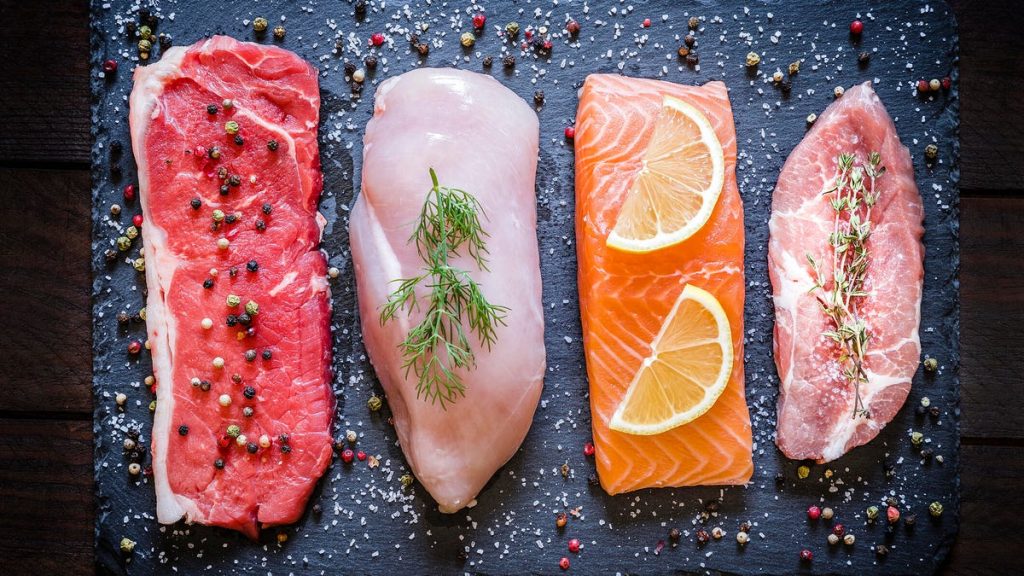Protein is essential for our health, with guidelines recommending at least 0.8 to 1 gram of protein per kilogram of body weight for adults. Active individuals and older adults may benefit from consuming more protein. Ritualizing protein intake by incorporating it into daily habits, eating protein sources first in meals, adding nuts to dishes, choosing leaner meats, opting for brown rice or quinoa over white rice, adding beans to meals, and swapping white bread for whole-grain bread can help increase overall protein intake. These simple tips can help individuals meet their daily protein needs and improve their overall health.
The consistency of incorporating protein into daily habits can lead to increased protein intake. For example, turning protein consumption into a ritual by having a protein shake for breakfast or post-workout can help ensure that individuals meet their protein needs consistently. Eating protein sources first in meals can also help individuals consume adequate amounts of protein before feeling too full, aiding in satiety and weight management goals. Adding nuts to dishes like salads, oatmeal, and stir-fries not only boosts protein intake but also provides healthy fats, fiber, vitamins, and minerals.
Choosing leaner meats like top sirloin steak, poultry white meat, and lean cuts of pork can help individuals increase their protein consumption while lowering their fat intake. Opting for brown rice or quinoa over white rice can provide more protein per serving while maintaining texture and taste. Adding beans to meals can add up to 10 grams of protein per half-cup, along with fiber and other nutrients. Swapping white bread for whole-grain bread can also increase protein intake, with some whole-grain breads containing up to 5 grams of protein per slice.
These simple swaps and additions to meals can help individuals meet their daily protein needs, leading to improved health outcomes and weight management. By incorporating these tips into daily eating habits, individuals can ensure they are getting enough protein for their bodies. Additionally, focusing on whole, nutrient-dense foods like nuts, lean meats, beans, and whole grains can provide a variety of essential nutrients along with protein, supporting overall well-being. Making small changes to meal choices can have a significant impact on protein intake and overall health.


